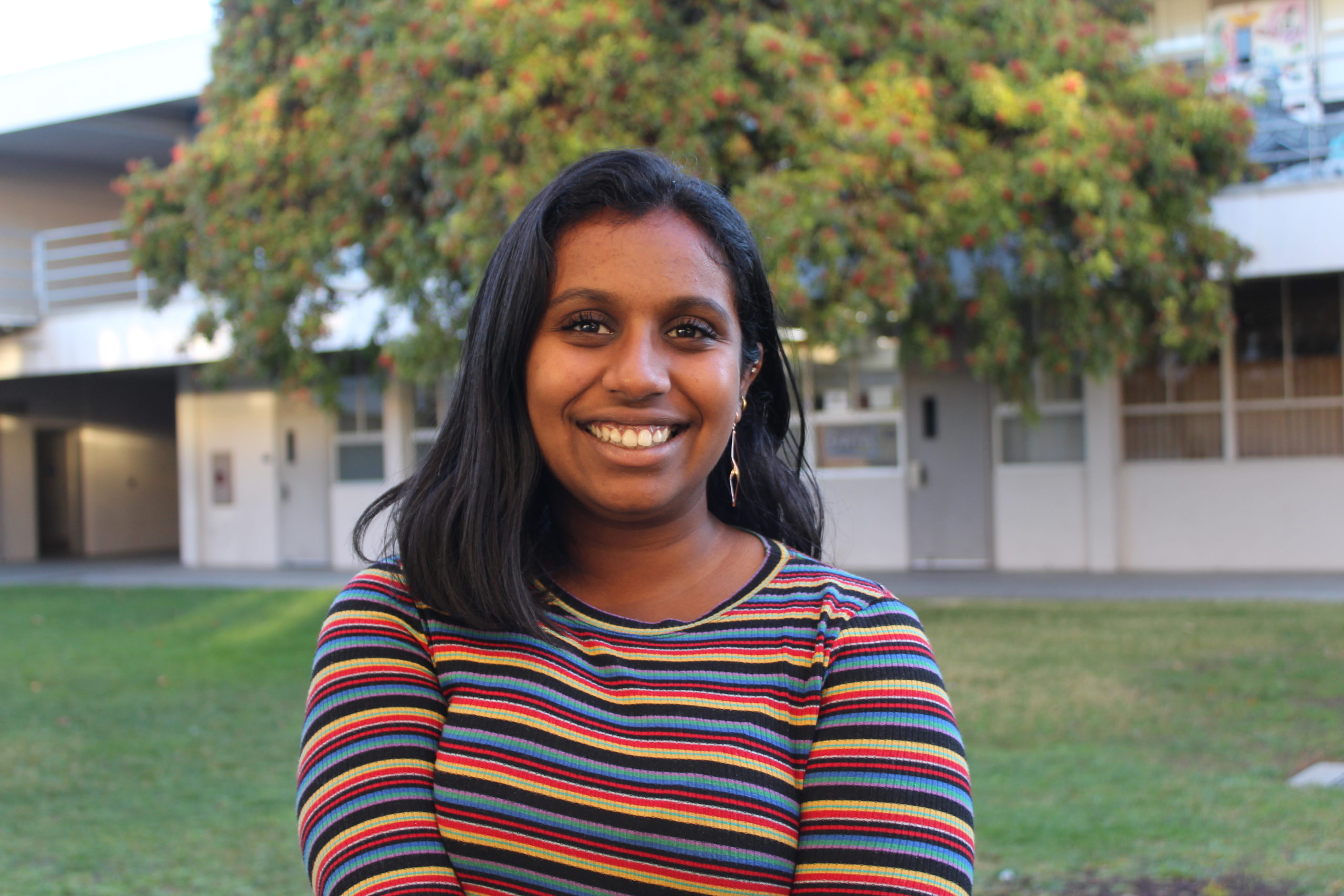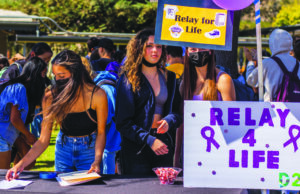Your body will change but your worth will not

I’m lucky, I’ve never hated my skin; it’s never been a source of insecurity for me. I’ve always been proud of the cultural history that it held. With primarily light-skinned female movie leads and skin lightening creams thrown at young Indian girls like me left and right; I’m the one in a million who’s made it out unscathed. s. Those with lighter, “more beautiful,” skin tones, are treated as superior and regarded higher, while their darker counterparts are barely treated as people.
Throughout the world, unjust beauty standards inhibit young people, leading to my interest in the rising body positivity movement: the idea that it is okay to be unconventional. As one of countless young, impressionable teenage girls out there struggling with body image, this perspective, upon finding it, was both new and refreshing.
Typically, the movement refers to positive body image regarding weight. With it comes various negative opinions from people no one asked, many of which express “concern” about the health of portrayed individuals. Surprisingly, the vast majority of the criticism comes from people with no medical experience.
Personally, I don’t see any harm in promoting acceptance and love of your body, regardless of size. I don’t think I know a single girl that isn’t insecure about at least one part of themselves, so I truly believe that presenting the diversity that makes us all unique promotes self-acceptance. You can condone body positivity while promoting healthiness; much like people, being healthy isn’t one size fits all. Telling girls (or anyone) that their personal worth is defined by more than a number on a scale is empowering and fills us with a sense of purpose.
But body positivity is multifaceted. Beyond weight, the movement incorporates other aspects of the human body, like body hair, acne, stretch marks and skin color.
After being exposed to more Indian media, I’ve been thinking about different views of skin in society and I realized that I don’t hate my skin; I hate the way society sees my skin.
This revelation ended up turning my perspective around on numerous insecurities of my own, and I think it is an important lesson that has helped me on my own journey of positivity. I know that hearing a simple phrase doesn’t magically take away years of ingrained self-loathing; it definitely hasn’t for me. But recognizing that the time you lost to that is no fault of your own, but rather the fault of unrealistic, unattainable standards set by society, is the first step in accepting yourself as you are. Instead of trying to change that, let yourself be free to work towards the best version of yourself.



